
SCARS Institute’s Encyclopedia of Scams™ Published Continuously for 25 Years

After Storms, Watch Out for Scams
Scammers Watch The Weather Channel Too!
After every natural disaster or major weather event, the scammers will be on the phones, email, and online to get your money!
Scammers Have No Conscience When It Comes To Natural Disaster Scams
If You Are In An Affected Region, Or Even Not, You Will Start Getting The Money Requests!
Natural disasters and severe weather can create opportunities for fraud in their wake, occurring at a time when people may be especially vulnerable, or targeting charitable intentions.
Scammers use phone, text, mail, email, and even go door to door to target residents of affected areas following hurricanes and damaging storms.
Watch Out for Red Flags
First, know that officials with government disaster assistance agencies do not call or text asking for financial account information and that there is no fee required to apply for or get disaster assistance from FEMA or the Small Business Administration.
Anyone claiming to be a federal official who asks for money is an imposter. This is true regardless of what country you live in.
Remember that phone scams often use spoofing techniques to deliberately falsify the information transmitted to your caller ID display to disguise their identity or make the call appear to be official.
IF SOMEONE CALLS CLAIMING TO BE A GOVERNMENT OFFICIAL, HANG UP AND CALL THE PHONE NUMBER LISTED ON THAT GOVERNMENT AGENCY’S OFFICIAL WEBSITE
Never reveal any personal information unless you’ve confirmed you’re dealing with a legitimate official. Workers and agents who knock on doors of residences are required to carry official identification and show it upon request, and they may not ask for or accept money.
Steps for Avoiding Post-Disaster Insurance Scams
If you get a phone call about an insurance claim or policy, don’t give out any personal information or agree to any payment until you can independently verify that the call is legitimate.
If the caller says they’re from your insurance company, hang up and contact your agent or the company directly using the number on your account statement. Policyholders with the National Flood Insurance Program (NFIP Direct) at www.floodsmart.gov or you can call 1-800-638-6620.
Contractors and home improvement companies may also call claiming to be partners with your insurance provider. Never give policy numbers, coverage details, or other personal information out to companies with whom you have not entered into a contract. If your state requires licensing, verify that any contractor you are considering is licensed and carries adequate insurance. Many states have online databases you can check.
Disaster Relief Charity Scams
Consumers should also be aware of scammers posing as representatives of charities seeking donations for disaster relief. There are several steps you can take to protect yourself from this type of fraud:
- Verify all phone numbers for charities. If you need to contact a charity by phone, check the charity’s official website to see if the number you have is legitimate. If you’re using text-to-donate, check with the charity to ensure the number is legitimate before donating.
- Do not open suspicious emails. If you receive a suspicious email requesting donations or other assistance, do not click on any links or open any attachments. Scammers regularly use email for phishing attacks and to spread malware.
- Verify the information in social media posts. Double-check any solicitation for charitable donations before you give. Crowd-funding websites often host individual requests for help but they are not always vetted by the site or other sources.
To report suspected fraud in the United States, call the FEMA Disaster Fraud Hotline toll free at 1-866-720-5721. If you need to report other fraudulent activities during or following a natural disaster, please notify FEMA at 1-866-720-5721 or disaster@leo.gov. In other countries look for your local disaster relief agency or contact your local police.
Tips To Help You Avoid Post-Disaster Scams
Whether you’re getting ready to deal with the aftermath of Gulf Coast storms, Laura and Marco, dealing with the ravages of wildfires out West, reeling from the derecho that struck the Midwest, or facing another natural disaster, handling the aftermath is never easy. But when scammers target people just trying to recover, it can be even worse.
Here Are Some Additional Tips To Help You Avoid Common Post-Disaster Scams
Be skeptical of anyone promising immediate clean-up and debris removal. Some may quote outrageous prices, demand payment up-front, or lack the skills needed.
- Check them out. Before you pay, ask for IDs, licenses, and proof of insurance. Don’t believe any promises that aren’t in writing.
- Never pay by wire transfer, gift card, or in cash. And never make the final payment until the work is done and you’re satisfied.
- Guard your personal information. Only scammers will say they’re an official and then demand money or your credit card, bank account, or Social Security number.
- Know that FEMA doesn’t charge application fees. If someone wants money to help you qualify for FEMA funds, that’s probably a scam.
- Be wise to rental listing scams. Steer clear of people who tell you to wire money or ask for security deposits or rent before you’ve met or signed a lease.
- Spot disaster-related charity scams. Scammers will often try to make a quick profit from the misfortune of others. Check out the FTC’s advice on donating wisely and avoiding charity scams.
Bookmark Dealing with Weather Emergencies
If a weather event or disaster may affect you, make sure you bookmark in your browser the official government websites in advance. This will let you find them quickly when needed, or when you are faced with a scam communication.
Suspect A Scam?
You can also report disaster scams to the FTC at ftc.gov/complaint. Be sure you also report scam phone numbers and email addresses on the SCARS site www.Anyscam.com
How to Avoid Identity Theft and Scams After Natural Disasters
In 2019, the world suffered through 820 natural disasters, including floods, storms, fires, and earthquakes
In the U.S. 14 different disasters, each caused more than one billion dollars in losses—it was the fifth consecutive year with more than 10 billion-dollar disasters.
In the aftermath of disasters, a different kind of danger lurks—identity theft and disaster scams. In the chaos and confusion, identity thieves swipe unsecured personal information and scammers target disaster victims.
Review this infographic courtesy of Bostom Mutual Insurance Company to learn about the impact of natural disasters. Your best defense is a solid disaster plan that also considers identity protection. Start making your plan today.
TAGS: SCARS, Information About Scams, Anti-Scam, Scams, Scammers, Fraudsters, Cybercrime, Crybercriminals, Disaster Scams, Scam Victims, Online Fraud, Online Crime Is Real Crime, Scam Avoidance, Natural Disasters, Weather Events, Emergency Scams, Emergency Fraud, Natural Disaster Fraud, Phone Scams, Insurance Scams, Emergency Support Scams, FEMA Scams,
PLEASE SHARE OUR ARTICLES WITH YOUR FRIENDS & FAMILY
HELP OTHERS STAY SAFE ONLINE – YOUR KNOWLEDGE CAN MAKE THE DIFFERENCE!
THE NEXT VICTIM MIGHT BE YOUR OWN FAMILY MEMBER OR BEST FRIEND!
By the SCARS™ Editorial Team
Society of Citizens Against Relationship Scams Inc.
A Worldwide Crime Victims Assistance & Crime Prevention Nonprofit Organization Headquartered In Miami Florida USA & Monterrey NL Mexico, with Partners In More Than 60 Countries
To Learn More, Volunteer, or Donate Visit: www.AgainstScams.org
Contact Us: Contact@AgainstScams.org
-/ 30 /-
What do you think about this?
Please share your thoughts in a comment below!
Table of Contents
- Scammers Watch The Weather Channel Too!
- If You Are In An Affected Region, Or Even Not, You Will Start Getting The Money Requests!
- Watch Out for Red Flags
- Steps for Avoiding Post-Disaster Insurance Scams
- Disaster Relief Charity Scams
- Here Are Some Additional Tips To Help You Avoid Common Post-Disaster Scams
- Bookmark Dealing with Weather Emergencies
- Suspect A Scam?
- In 2019, the world suffered through 820 natural disasters, including floods, storms, fires, and earthquakes
- PLEASE SHARE OUR ARTICLES WITH YOUR FRIENDS & FAMILY
- By the SCARS™ Editorial Team
Society of Citizens Against Relationship Scams Inc.
LEAVE A COMMENT?
Recent Comments
On Other Articles
- velma faile on Finally Tax Relief for American Scam Victims is on the Horizon – 2026: “I just did my taxes for 2025 my tax account said so far for romances scam we cd not take…” Feb 25, 19:50
- on Reporting Scams & Interacting With The Police – A Scam Victim’s Checklist [VIDEO]: “Yes, this is a scam. For your own sanity, just block them completely.” Feb 25, 15:37
- on Danielle Delaunay/Danielle Genevieve – Stolen Identity/Stolen Photos – Impersonation Victim UPDATED 2024: “She goes by the name of Sanrda John now” Feb 25, 10:26
- on Reporting Scams & Interacting With The Police – A Scam Victim’s Checklist [VIDEO]: “So far I have not been scam out of any money because I was aware not to give the money…” Feb 25, 07:46
- on Love Bombing And How Romance Scam Victims Are Forced To Feel: “I was love bombed to the point that I would do just about anything for the scammer(s). I was told…” Feb 11, 14:24
- on Dani Daniels (Kira Lee Orsag): Another Scammer’s Favorite: “You provide a valuable service! I wish more people knew about it!” Feb 10, 15:05
- on Danielle Delaunay/Danielle Genevieve – Stolen Identity/Stolen Photos – Impersonation Victim UPDATED 2024: “We highly recommend that you simply turn away form the scam and scammers, and focus on the development of a…” Feb 4, 19:47
- on The Art Of Deception: The Fundamental Principals Of Successful Deceptions – 2024: “I experienced many of the deceptive tactics that romance scammers use. I was told various stories of hardship and why…” Feb 4, 15:27
- on Danielle Delaunay/Danielle Genevieve – Stolen Identity/Stolen Photos – Impersonation Victim UPDATED 2024: “Yes, I’m in that exact situation also. “Danielle” has seriously scammed me for 3 years now. “She” (he) doesn’t know…” Feb 4, 14:58
- on An Essay on Justice and Money Recovery – 2026: “you are so right I accidentally clicked on online justice I signed an agreement for 12k upfront but cd only…” Feb 3, 08:16
ARTICLE META
Important Information for New Scam Victims
- Please visit www.ScamVictimsSupport.org – a SCARS Website for New Scam Victims & Sextortion Victims
- Enroll in FREE SCARS Scam Survivor’s School now at www.SCARSeducation.org
- Please visit www.ScamPsychology.org – to more fully understand the psychological concepts involved in scams and scam victim recovery
If you are looking for local trauma counselors please visit counseling.AgainstScams.org or join SCARS for our counseling/therapy benefit: membership.AgainstScams.org
If you need to speak with someone now, you can dial 988 or find phone numbers for crisis hotlines all around the world here: www.opencounseling.com/suicide-hotlines
A Note About Labeling!
We often use the term ‘scam victim’ in our articles, but this is a convenience to help those searching for information in search engines like Google. It is just a convenience and has no deeper meaning. If you have come through such an experience, YOU are a Survivor! It was not your fault. You are not alone! Axios!
A Question of Trust
At the SCARS Institute, we invite you to do your own research on the topics we speak about and publish, Our team investigates the subject being discussed, especially when it comes to understanding the scam victims-survivors experience. You can do Google searches but in many cases, you will have to wade through scientific papers and studies. However, remember that biases and perspectives matter and influence the outcome. Regardless, we encourage you to explore these topics as thoroughly as you can for your own awareness.
Statement About Victim Blaming
SCARS Institute articles examine different aspects of the scam victim experience, as well as those who may have been secondary victims. This work focuses on understanding victimization through the science of victimology, including common psychological and behavioral responses. The purpose is to help victims and survivors understand why these crimes occurred, reduce shame and self-blame, strengthen recovery programs and victim opportunities, and lower the risk of future victimization.
At times, these discussions may sound uncomfortable, overwhelming, or may be mistaken for blame. They are not. Scam victims are never blamed. Our goal is to explain the mechanisms of deception and the human responses that scammers exploit, and the processes that occur after the scam ends, so victims can better understand what happened to them and why it felt convincing at the time, and what the path looks like going forward.
Articles that address the psychology, neurology, physiology, and other characteristics of scams and the victim experience recognize that all people share cognitive and emotional traits that can be manipulated under the right conditions. These characteristics are not flaws. They are normal human functions that criminals deliberately exploit. Victims typically have little awareness of these mechanisms while a scam is unfolding and a very limited ability to control them. Awareness often comes only after the harm has occurred.
By explaining these processes, these articles help victims make sense of their experiences, understand common post-scam reactions, and identify ways to protect themselves moving forward. This knowledge supports recovery by replacing confusion and self-blame with clarity, context, and self-compassion.
Additional educational material on these topics is available at ScamPsychology.org – ScamsNOW.com and other SCARS Institute websites.
Psychology Disclaimer:
All articles about psychology and the human brain on this website are for information & education only
The information provided in this article is intended for educational and self-help purposes only and should not be construed as a substitute for professional therapy or counseling.
While any self-help techniques outlined herein may be beneficial for scam victims seeking to recover from their experience and move towards recovery, it is important to consult with a qualified mental health professional before initiating any course of action. Each individual’s experience and needs are unique, and what works for one person may not be suitable for another.
Additionally, any approach may not be appropriate for individuals with certain pre-existing mental health conditions or trauma histories. It is advisable to seek guidance from a licensed therapist or counselor who can provide personalized support, guidance, and treatment tailored to your specific needs.
If you are experiencing significant distress or emotional difficulties related to a scam or other traumatic event, please consult your doctor or mental health provider for appropriate care and support.
Also read our SCARS Institute Statement about Professional Care for Scam Victims – click here to go to our ScamsNOW.com website.


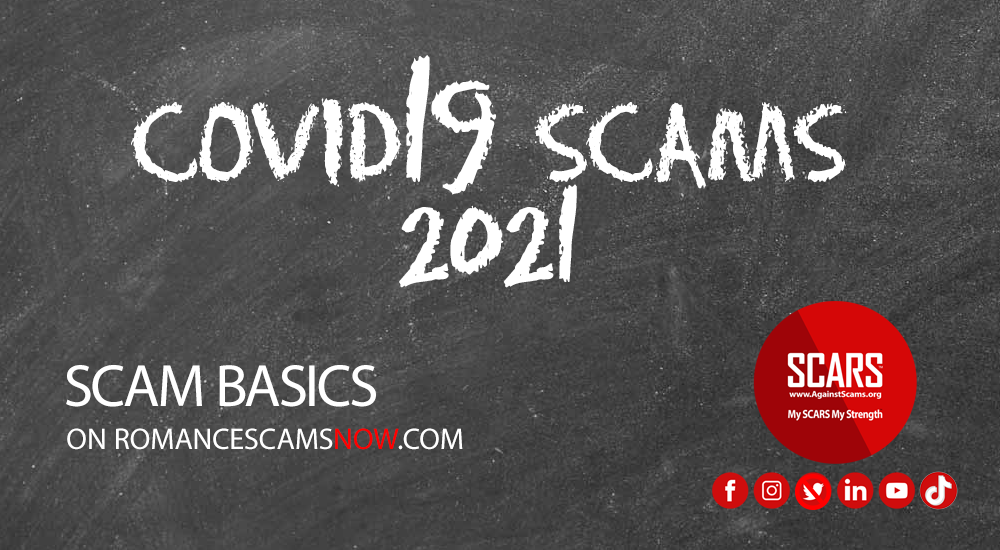
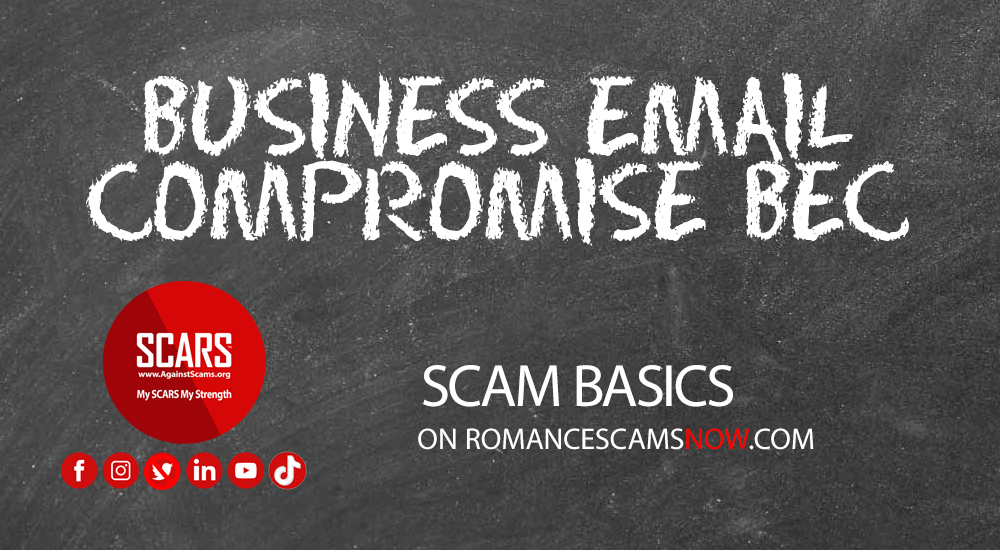
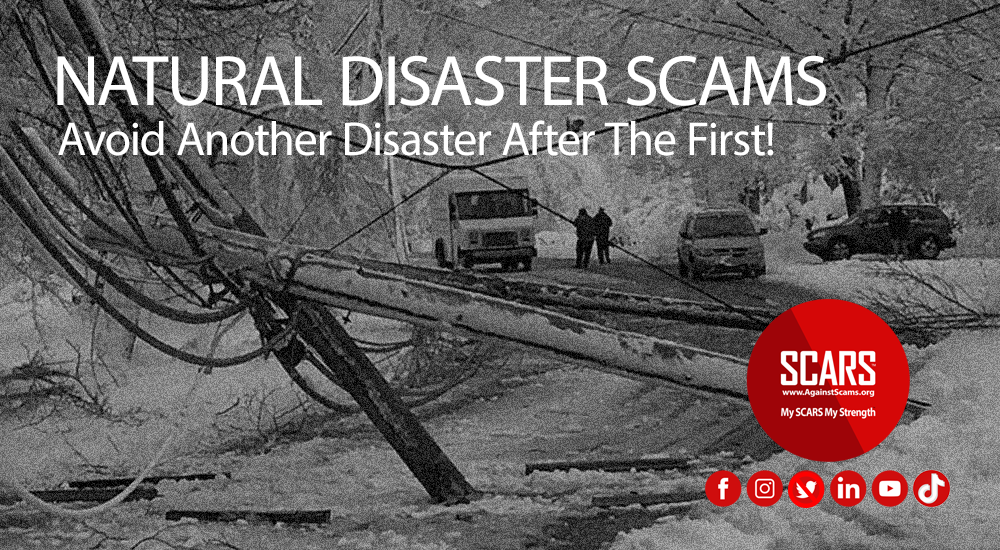

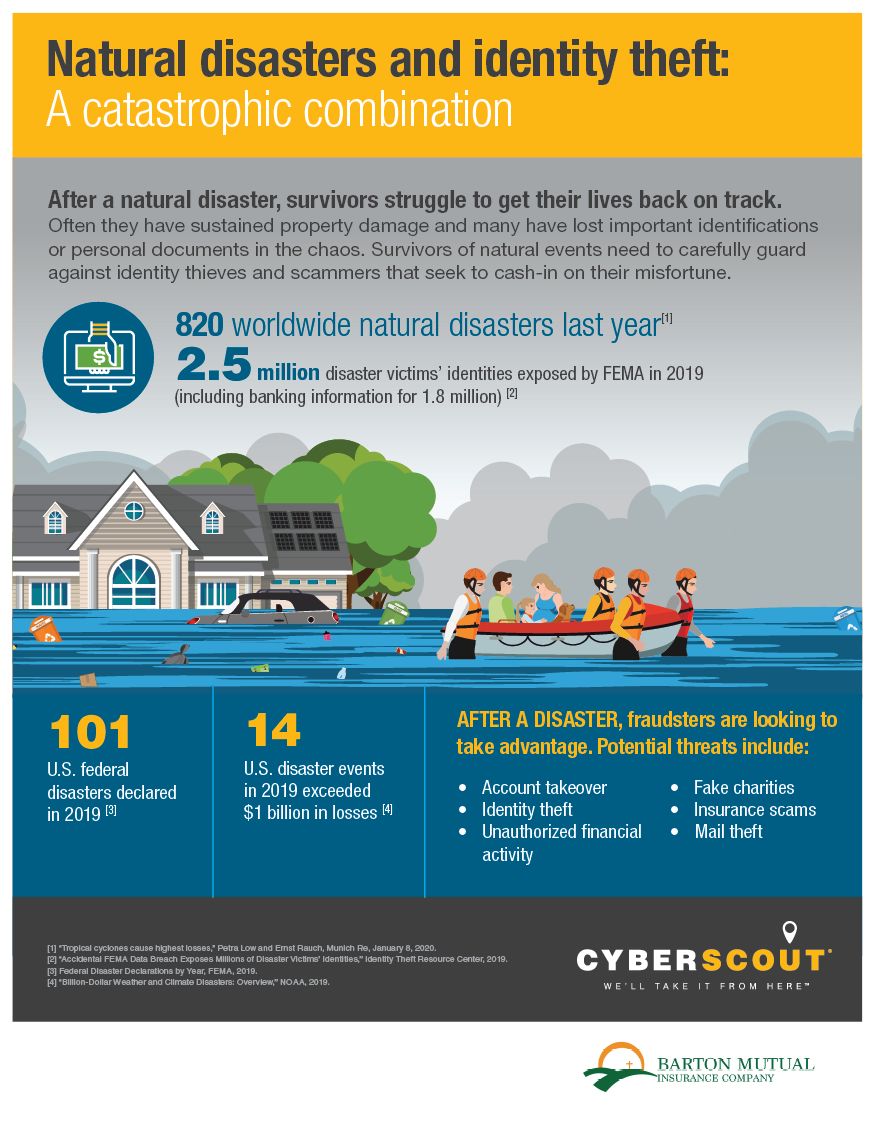


![To Be A Scammer? An Overview Of Scammers Fraudsters & Online Con Artists - 2024 [UPDATED] what is a scammer what-is-a-scammer](https://romancescamsnow.com/wp-content/uploads/2021/10/what-is-a-scammer.png)
![New Research Study on Stolen Valor - Military Scams - STUDY NOW COMPLETED [UPDATED] Military Impersonation Research Study New Research Study on Stolen Valor - Military Scams](https://romancescamsnow.com/wp-content/uploads/2022/03/Military-Impersonation-Research-Study.png)

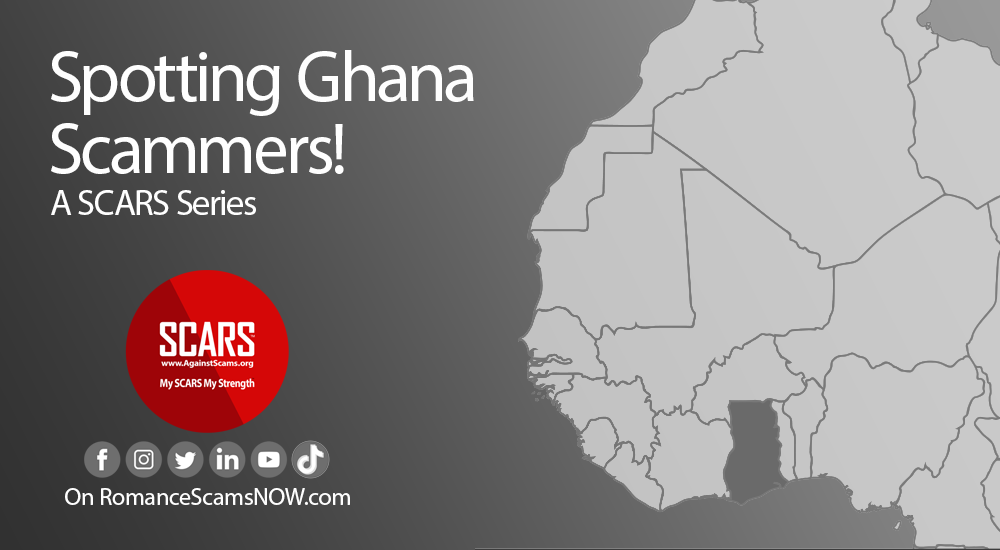
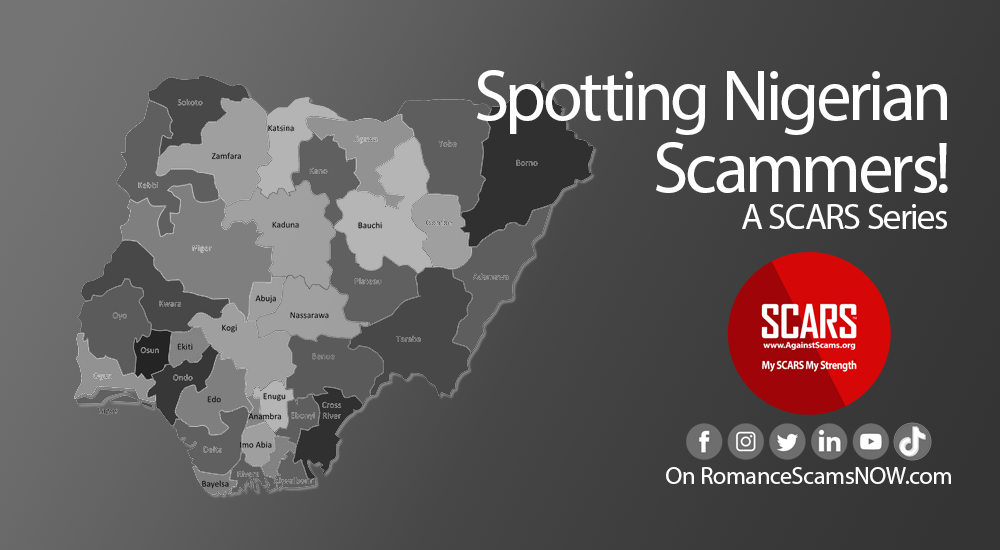




Thank you for your comment. You may receive an email to follow up. We never share your data with marketers.